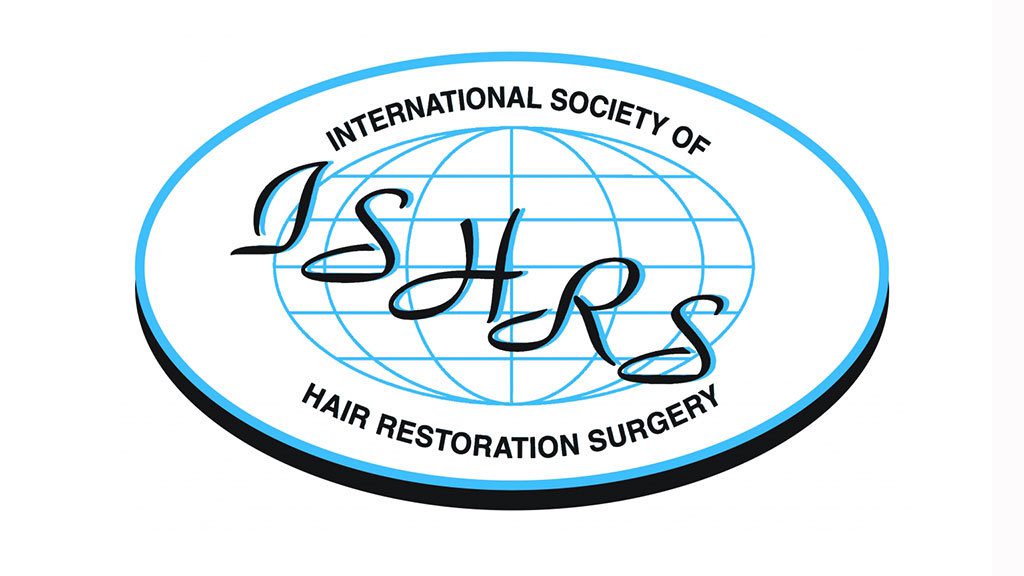The following article contains excerpts from an ISHRS Press Release:
LEADING HAIR AUTHORITY CALLS THE PUBLIC’S BLUFF:
NSURVEY FINDS MAJORITY OF PEOPLE CANNOT DETECT A HAIR TRANSPLANT
GENEVA, IL, USA. – September 28, 2010. For those who think they could identify a person who has had a hair transplant, the International Society for Hair Restoration Surgeons (ISHRS) has news for you.
According to an online survey conducted by the ISHRS, the majority of people could not identify a hair transplant in a series of photos between real patients and men and women who have not had hair restoration surgery.
“Our survey clearly shows that it is nearly impossible to detect a modern-day hair transplant, as the results we can achieve today with the latest surgical techniques consistently produce natural-looking, permanent results,” said Edwin S. Epstein, MD, ISHRS president. “That’s why more and more men, and women, of all ages are turning to hair restoration surgery to combat hair loss.”
Other key findings of the survey include the following:
Nearly all respondents (91 percent) felt that hair restoration was more accepted now than it was 10 years ago.
When asked to view photos of four popular male celebrities and select which one had the best hair, more than half of respondents (54.1 percent) thought Patrick Dempsey had the best hair, followed by Hugh Jackman (24.1 percent), Tom Cruise (11.5 percent), and Johnny Depp (10.3 percent).
When asked to view photos of four popular female celebrities and select which one had the best hair, Penelope Cruz edged out Jennifer Aniston (39.6 percent vs. 33.6 percent, respectively) as the female celebrity with the most coveted hair, followed by Kim Kardashian (17.5 percent) and Beyonce Knowles (9.3 percent).
More than three in five respondents (61.9 percent) felt having more hair would help them be more successful in getting a job or advancing in their career.
As many as seven in 10 respondents (73.1 percent) would trade a “treasured personal possession” for more hair.
Hair loss affects 50 percent of all men and more than 25 percent of women worldwide and has been shown to have a significant impact on a person’s self-esteem and overall quality of life. Fortunately, recent scientific breakthroughs have made hair restoration an option for almost everyone. Hair restoration surgery and proven medical treatments are an effective combination in treating people with thinning hair and limiting future hair loss.
About the ISHRS
Founded in 1993, the ISHRS is a nonprofit medical association dedicated to the advancement of the art and science of hair restoration. With a membership of more than 800 physicians worldwide, the ISHRS provides continuing medical education to physicians specializing in hair loss and restoration surgery. It also serves as a resource for the public on the latest medical and surgical hair restoration treatments for hair loss.




